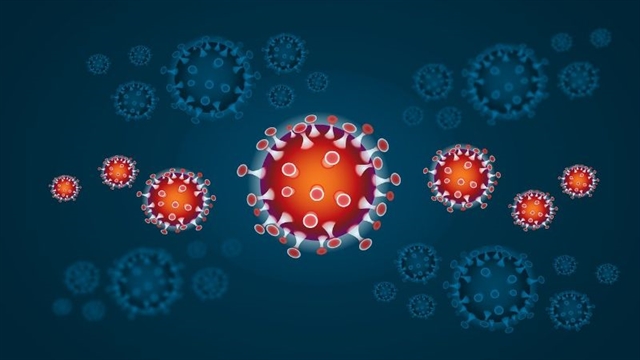Medicago, a Canadian biopharmaceutical company, said it has successfully produced a virus-like particle of the coronavirus after obtaining the SARS-CoV-2 (virus causing the COVID-19 disease) gene.

Medicago, a Canadian biopharmaceutical company, said it has successfully produced a virus-like particle of the coronavirus after obtaining the SARS-CoV-2 (virus causing the COVID-19 disease) gene.
This is the first step in developing a vaccine for COVID-19.
Once pre-clinical testing for safety and efficacy is completed, the company expects to discuss with the appropriate health agencies initiating human trials by summer this year.
Medicago’s first ever product, a seasonal flu vaccine, is currently under review by Health Canada.
Vaccine candidates for pandemic flu, rotavirus and norovirus are being tested across pre-clinical and phase II clinical trials.
The company is also developing antibodies against hMPV, RSV and opioids.
It does not use eggs unlike most companies, and instead relies on plants such as tobacco for its vaccines.
Dr Bruce Clark, its CEO, said: “Traditional vaccine production requires eggs, a lot of them. Vaccine manufacturers inject the virus into the eggs, where it propagates. But using eggs is expensive, takes a long time, and is far from perfect. Mutations can yield vaccines that don’t match up to the virus they aim to shut down.”
So the company does not work with live viruses and instead uses plants, a relatively new approach that has seen much advancement in the past decade.
It inserts a genetic sequence into agrobacterium, a soil bacterium that is taken up by plants, in this case a plant that is a close cousin of the tobacco. The plant begins to produce the protein that can then be used as a vaccine. If the virus begins to mutate, as is expected with COVID-19, researchers can simply update the production using new plants.
Clark said: “That’s the difference between us and egg-based methods. We go directly to producing the vaccine or the antibody without having to propagate the virus.”
The company is partially owned by tobacco company Philip Morris International. — VNS





